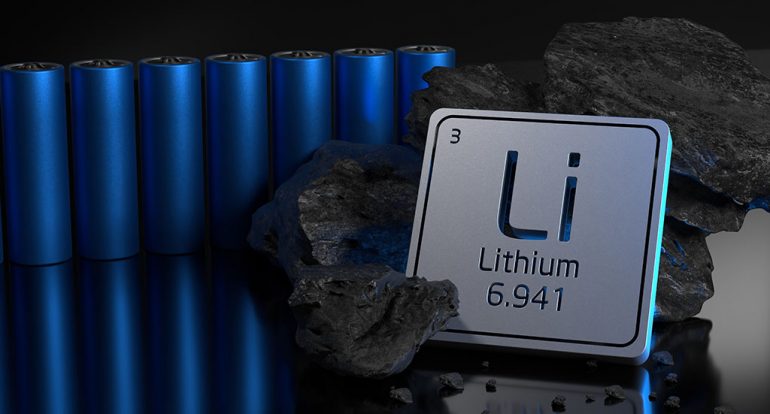
Lithium producers are expressing concerns about the global supply not being able to meet the increasing demand for electric vehicles (EVs). The industry is facing challenges such as delays in mine permitting, staffing shortages, and inflation, which may hinder their ability to supply enough lithium, a key component in EV batteries.
Lithium, once considered a niche metal used primarily in ceramics and pharmaceuticals, has now become highly sought after due to the aggressive EV plans of major automakers like Stellantis and Ford. The pace at which EVs can replace internal combustion engines is a crucial aspect of the global green energy transition.
Also, don’t forget that you can get discounted new car pricing with a free quote through qualified local dealer partners.
Stu Crow, the chairman of Lake Resources, highlighted the potential crisis situation where battery companies may lack the security of lithium feedstock. He observed a disconnect between the panic within the industry and the frantic efforts to secure the supply. Lake Resources recently announced a project delay, pushing back the first production from its lithium project in Argentina due to power supply and logistics concerns.
Albemarle, the world’s largest lithium producer, is expanding its operations across the Americas, Asia, and Australia. However, even with this growth, it predicts a global lithium demand-supply gap of 500,000 metric tons by 2030. Various consultancies and other producers share similar warnings of an impending shortage, although their projections may slightly differ.
According to Fastmarkets, there were 45 lithium mines operational worldwide last year, with 11 expected to open this year and seven the following year. This pace falls significantly short of what consultants suggest is necessary to ensure sufficient global supply. Moreover, mining companies face challenges in hiring technical talent, dealing with rising costs, and facing delays in acquiring crucial equipment.
Even if more lithium mines are established, the industry lacks sufficient facilities to produce specialized types of lithium required for batteries. This may lead to automakers being forced to accept lower-quality lithium, resulting in decreased EV battery range.
The Fastmarkets Lithium and Battery Raw Materials conference in Las Vegas has witnessed significant growth in attendance, reflecting the escalating demand for lithium. This year, approximately 1,100 attendees were present, nearly triple the 2019 levels and a 68% increase from the previous year. Companies outside the traditional lithium sector, such as Exxon Mobil, SLB, and Equinor, have shown interest by sending representatives. Banking giants like JPMorgan, Goldman Sachs, and BMO Capital Markets also participated, driven by expectations of increased lithium takeover deals and rising demand for financial instruments and hedging.
The intense hunt for lithium is exemplified by Mitsui’s impending $65 million deal with Atlas Lithium, which aims to secure supply from a Brazilian mine project that is still in the design phase. Industry experts stress the importance of continued investment to prevent further delays in lithium production timelines, which are already significantly long.
The concerns raised by lithium producers underscore the potential challenges in meeting the growing demand for lithium as the world increasingly adopts electric vehicles as part of the transition towards cleaner energy sources.
Source: Reuters